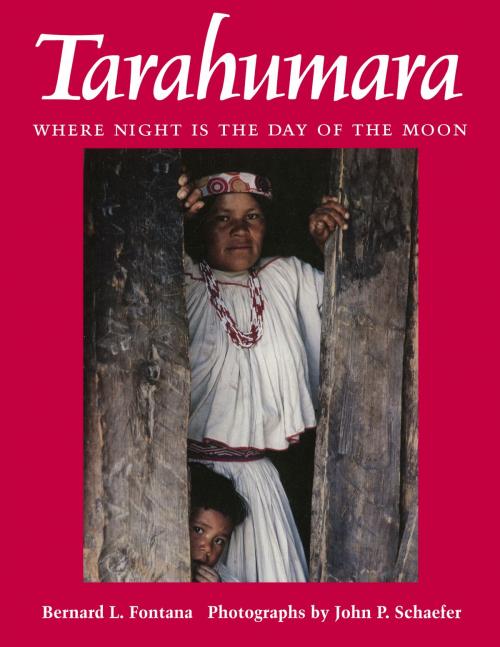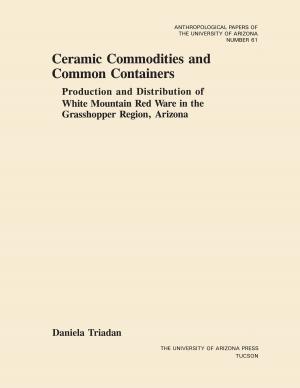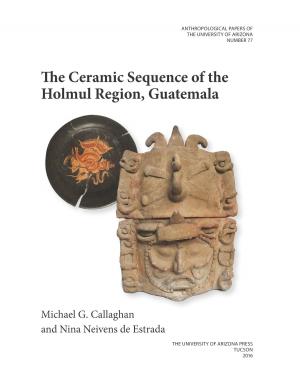Tarahumara
Where Night is the Day of the Moon
Nonfiction, Social & Cultural Studies, Social Science, Cultural Studies, Native American Studies| Author: | Bernard L. Fontana | ISBN: | 9780816536610 |
| Publisher: | University of Arizona Press | Publication: | December 15, 2016 |
| Imprint: | University of Arizona Press | Language: | English |
| Author: | Bernard L. Fontana |
| ISBN: | 9780816536610 |
| Publisher: | University of Arizona Press |
| Publication: | December 15, 2016 |
| Imprint: | University of Arizona Press |
| Language: | English |
Inhabiting the Sierra Madre Occidental of southwestern Chihuahua in Mexico, the Tarahumara (or Rarámuri) are known in their language as the "foot runners" due to the way in which they must navigate their rugged terrain. This book offers an accessible ethnography of their history, customs, and current life, accompanied by photographs that offer striking images of these gentle people.
The subtitle of the book derives from the Tarahumara's belief that the soul works at night while the body sleeps and that during this "day of the moon" both the spirits of the dead and the souls of the living move about in their mysterious ways.
As the authors observe, the fact that "so many men, women, and children persist in distinctive, centuries-old cultural traditions in spite of their nearness to all the complexities and attractions of modern industrial society is an importatn part of the story." Their book tells that story and brings readers closer to understanding the Tarahumara world and way of life.
Inhabiting the Sierra Madre Occidental of southwestern Chihuahua in Mexico, the Tarahumara (or Rarámuri) are known in their language as the "foot runners" due to the way in which they must navigate their rugged terrain. This book offers an accessible ethnography of their history, customs, and current life, accompanied by photographs that offer striking images of these gentle people.
The subtitle of the book derives from the Tarahumara's belief that the soul works at night while the body sleeps and that during this "day of the moon" both the spirits of the dead and the souls of the living move about in their mysterious ways.
As the authors observe, the fact that "so many men, women, and children persist in distinctive, centuries-old cultural traditions in spite of their nearness to all the complexities and attractions of modern industrial society is an importatn part of the story." Their book tells that story and brings readers closer to understanding the Tarahumara world and way of life.















